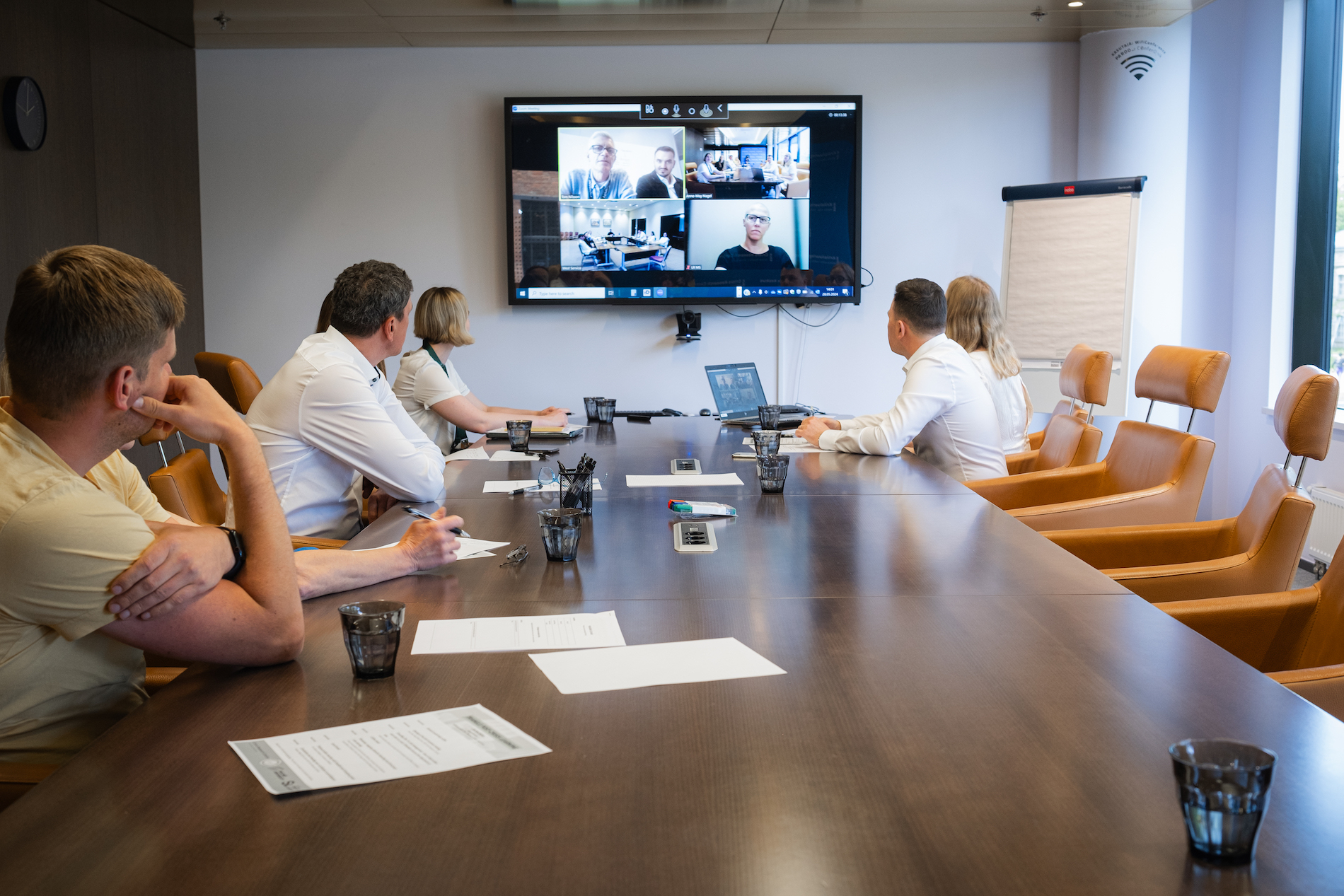
Final seminar of the post-crisis learning project: systematic learning from crises
The final seminar of the post-crisis learning project (TPCL), held on May 28 at the Öpik Conference Centre in Tallinn, focused on various aspects of learning from crises.
The post-crisis learning project brought together crisis managers from local municipalities in Estonia, Georgia, and Sweden for three webinars in April and May, as well as a final seminar that summarised the project’s activities. “On the Estonian side, representatives from four municipalities took part in the project: the city of Pärnu, city of Tallinn, Saaremaa Municipality, and Hiiumaa Municipality. The three countries’ joint project at the local level allowed us to learn from Sweden and Georgia’s crises-learning experiences,” said Hannes Nagel, head of the NGO Crisis Research Centre.
The final seminar of Malmö University’s post-crisis governance project was divided into two parts: the first half of the day featured a presentation by Sofia Kostytska (Ukraine), who visited Estonia with the help of the Estonian Foundation for Civil Society. “Kostytska’s presentation focused on learning and adapting in the midst of crises, something that the Ukrainian public sector and society have been dealing with since 2014,” Nagel pointed out. “In the second half of the day, we focused on testing the framework for post-situational learning analysis developed in Sweden and adapting it to Estonian circumstances.”
Post-crisis learning is a more visible phase of crisis management that is critical for learning from crises and properly examining failures. It is also critical to understand the scenarios in which crisis management is effective, which is why the project participants addressed various crisis and post-crisis management methods over the course of two months. Finally, participants agreed that whatever technology is utilised must be systematic in order to provide long-term advantages.
The NGO Crisis Research Centre would like to thank the participants from four Estonian municipalities for their contributions to the project’s success. The project brought together representatives from ten local organisations in Sweden, Georgia, and Estonia. “Our project participants initially completed an online curriculum concentrating on several areas of post-crisis management, with a strong emphasis on sharing their experiences. There was also a conference in each nation where local actors mapped the elements that support and impede post-crisis learning,” said Anne-May Nagel, project manager for the Estonian team.
🟧 Malmö University is the main partner of the TPCL project, which main activities were carried out within spring 2024, an overview of the project’s outcomes as well as a strategy for the network’s future work will be available in the autumn. The project is funded by the Swedish Institute.
Jaga postitust:
